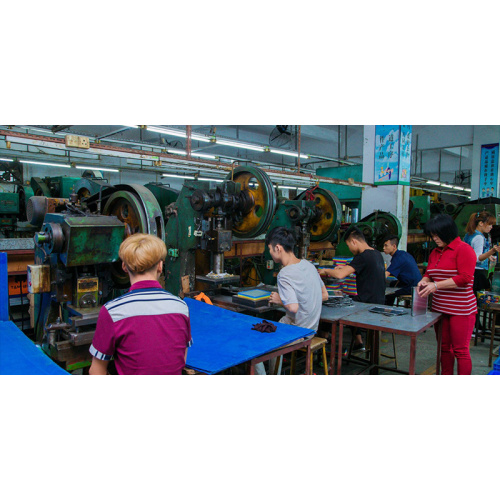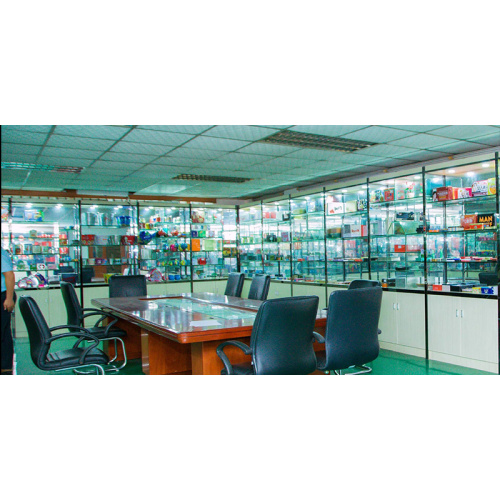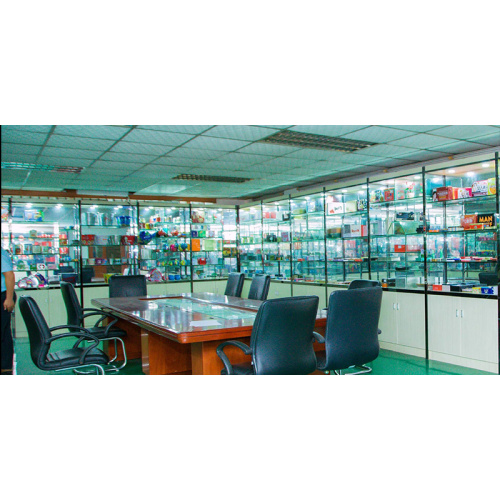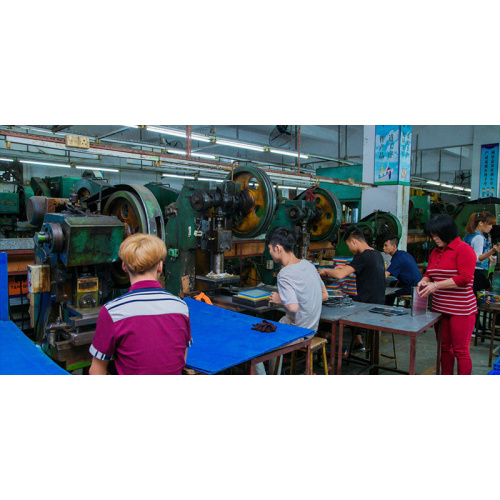[China Packaging Network] Philadelphia, Pa.--July 24, 2014--Aluminum beverage cans are the world's highest-recovery beverage packaging, thanks to highly qualified consumer groups and well-established recycling facilities. In addition, new beverage cans made from recyclable aluminum materials can save up to 21,000 kWh of energy and reduce 95% of greenhouse gas emissions. Crown Holdings Inc. (NYSE:CCK) (Crown) has highlighted these advantages and other environmental benefits of Metal Packaging in its recently released 2013 Sustainability Report. This report reflects the company's strong sustainable culture during the 2011 and 2012 fiscal years by highlighting the economic, environmental and social achievements. The report also illustrates the company's progress on major indicators through a series of third-party industry data and internal data.
Global multi-country aluminum cans continue to increase their recycling rates, including in the Asia Pacific region. For example, in Korea, the aluminum can recycling rate was 80% in 2011, and it has increased by 9.4% since 2002. According to the Japan Aluminum Can Recycling Association, the recovery rate of aluminum cans in Japan increased from 81.8% in 2003 to 94.7% in 2012.
Another important sustainable factor for metal packaging is lightweighting. Reducing the thickness of the tank wall allows manufacturers to manufacture more beverage cans with less material while maintaining the high performance of the container and maintaining important barrier and strength properties. As it reduces the energy consumption downstream of the supply chain, the use of resources is more efficient, thereby reducing the environmental impact. Crown has many major projects involving various types of business each year in the region and cooperates with the entire industry to seek development. The weight of aluminum cans today is 30% lighter than 35 years ago.
Metal Packaging Can also save material by reducing the can neck. A particular shift in the Chinese market has been the shift from a conventional 206-caliber beverage can that was used to package beverages to a 202-calibre beverage can.
Other reporting points include:
Technological innovation supports sustainability, including 360 End? technology. As the world's first beverage can with a full-open lid, this innovation eliminates the need for lids for beverage cans, eliminating the need for separate glass products and reducing waste in this area. The first application of 360 End technology in Asia was in 2012. Anheuser-Busch InBev (AB InBev) launched Budweiser high-grade metal packaging.
The results of the first annual chairman’s sustainable awards. The project recognizes the outstanding leadership of the company's manufacturing plants in the areas of economic, environmental and social responsibility. The company has achieved outstanding results in several factories in the Asia Pacific region. The Shanghai Beverage Cannery won an award under the economic category because the plant implements power-saving measures throughout the plant and reduces total electricity consumption in the event of higher production. The Huizhou Beverage Cannery won environmental awards because it has successfully reduced exhaust emissions and improved air quality and energy use. The factory's innovative approach in installing new control technologies was also rated by the City Environmental Protection Agency as an example.










